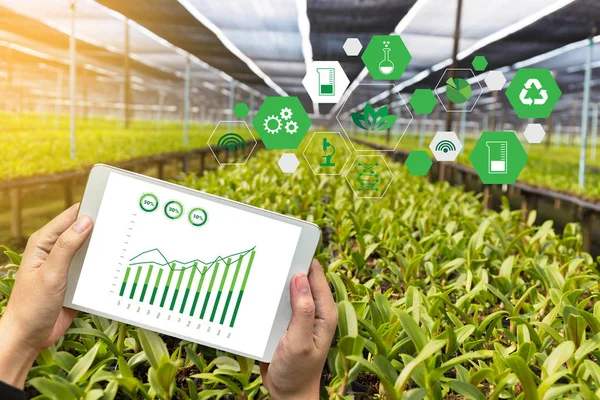Russian gas exports to Europe have risen by 18-20% this year compared to 2023, Deputy Prime Minister Alexander Novak announced on Wednesday. From January to November, Russia supplied over 50 billion cubic meters (bcm) of natural gas, including both pipeline and liquefied natural gas (LNG).
“Despite sanctions and political pressure, Russian gas remains in demand due to its ecological advantages and cost efficiency in logistics and price,” Novak said during an interview on the Rossiya-24 state television channel.
Recovery from 2023 Lows
The growth comes after a significant slump in 2023, when Russian pipeline gas supplies to Europe dropped by 55.6% to just 28.3 bcm amid deteriorating relations with the West over the Ukraine conflict. By contrast, supplies in 2024 are expected to recover to approximately 32 bcm, based on calculations from state-controlled Gazprom’s data and statistics from European gas pipeline operators.
However, challenges remain for Russia’s pipeline gas exports. A critical five-year transit agreement between Moscow and Kyiv, allowing gas flows through Ukraine despite the ongoing war, is set to expire at the end of the year. Ukraine has stated it will not renew the deal, casting doubt on future gas flows via this route.
Currently, about half of Russia’s pipeline gas to Europe travels through Ukraine, with the remainder transported via the TurkStream pipeline under the Black Sea.
LNG Exports Rise Amid Transit Concerns
While uncertainties persist over pipeline supplies, Russia has increasingly relied on LNG exports. Europe has emerged as a key market, taking about half of Russia’s LNG shipments.
Novak noted that LNG exports in 2024 are projected to total approximately 33 million tons, similar to the 32.9 million tons exported last year. The European Union has no immediate plans to halt Russian LNG imports, though it aims to reduce reliance on Russian gas by 2027 through increased supplies from Norway, the United States, and Qatar.
Future Hinges on EU-Ukraine Agreement
Novak reiterated Russia’s readiness to continue supplying gas through multiple routes, emphasizing that the resolution of the Ukrainian transit issue depends on agreements between the European Union and Kyiv.
“Europeans and European countries are interested in maintaining the Ukrainian gas route, but the decision ultimately lies between the EU and Ukraine,” Novak stated.
As Europe seeks to diversify its energy sources, the future of Russian gas exports remains uncertain. While LNG volumes have provided a buffer, the expiration of the Ukrainian transit deal could significantly impact supplies to Europe in the coming years.


